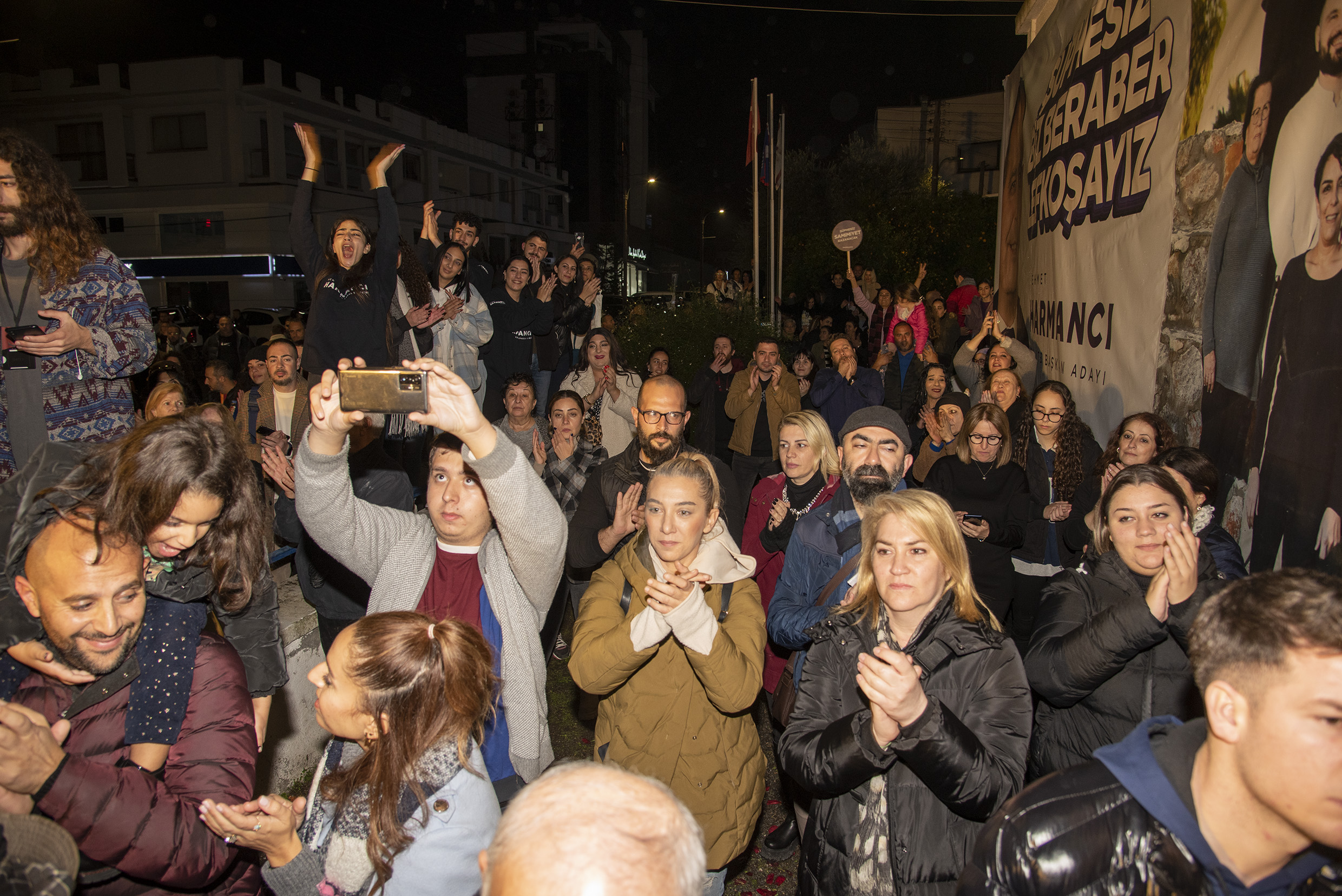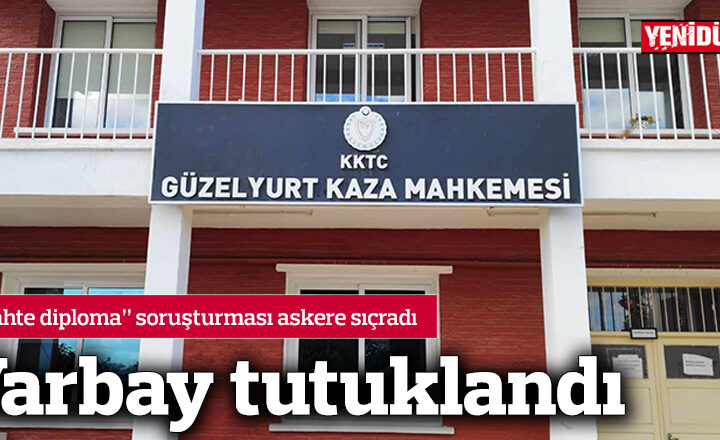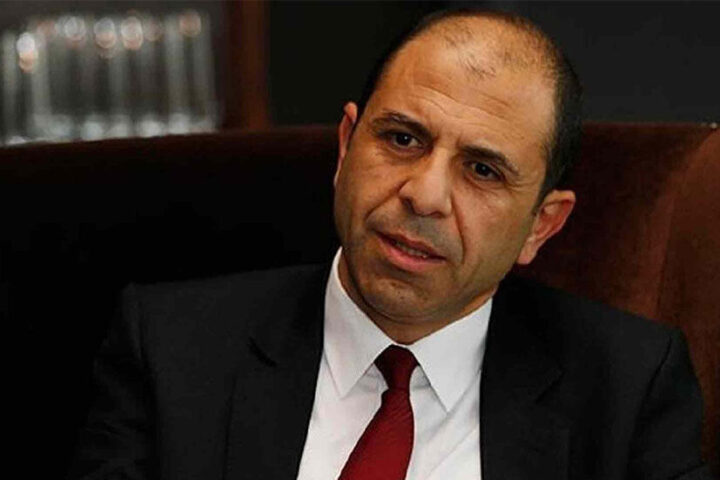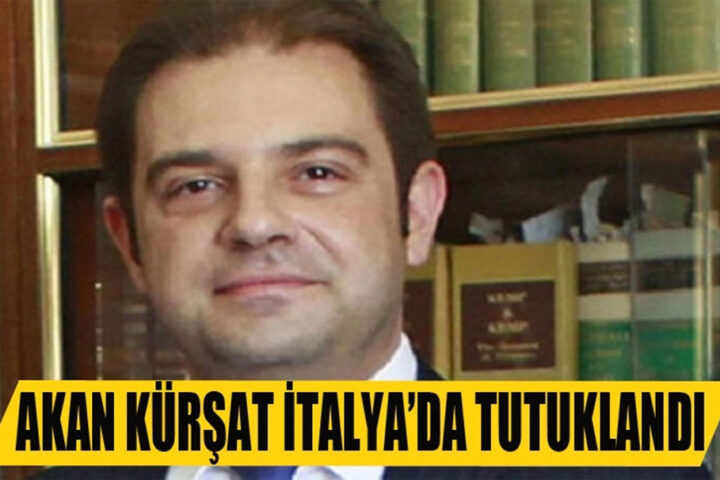Local election results in the north have signalled that pro-solution powers are alive and kicking, as opposition parties overwhelmingly won the majority of mayorships, analysts said.
The social democrat Republican Turkish Party (CTP) elected seven ‘mayors’ on December 25, and the leftist Communal Democracy Party (TDP) won the Nicosia municipality.
The two main opposition parties also saw their share of the vote grow significantly compared to the general elections held in January 2022.
Most impressively, Mehmet Harmanci, supported by the Communal Democracy Party (TDP), pulled off a victory garnering 49.5% of the vote to win the Nicosia seat for the third consecutive time.
TDP is the party of former Turkish Cypriot leader Mustafa Akinci, a strong supporter of a bicommunal federal solution to the Cyprus problem and a fierce critic of Turkish interventions in the north.
Harmanci is considered the successor of Akinci’s policy on the Cyprus problem and someone who would not bow to Turkey’s interference.
His 49.5% was more than the candidates of the Republican Turkish Party (26%) and the ruling National Union Party (22%).
Despite disappointing results in Nicosia, the CTP emerged victorious in Kyrenia and Famagusta.
While Murat Senkul defeated independent candidate Nidai Göngördü in Kyrenia, supported by the ruling UBP, CTP’s Suleyman Ulucay won the election race in Famagusta.
Ulucay was able to overcome the candidate supported by the establishment and who called for further opening of fenced-off Varosha.
Ulucay is opposed to one-sided actions in opening up Varosha.
The ruling coalition saw a retreat, winning just seven mayorships, down from eight last time.
The National Unity Party (UPB) has six mayors, with one for the Democratic Party (DP).
Three ‘independents’ were also elected.
However, the UBP claims to have matched its previous result as an independent mayor it backed was elected.
The CTP, representing the largest left-wing Turkish Cypriot party in the north, saw its representation increase from 31.9% to 35.4%.
Meanwhile, the UBP, seen as pro-Turkey and supporting a two-state solution, saw its share drop from 39.6% to 35.8%.
All parties affiliated with the ruling alliance lost votes.
In comments to the Financial Mirror, a Professor of Political Science at the Eastern Mediterranean University in the north, Ahmet Sozen, took note of the high participation rate of 68.85%.
It is higher than the 57.2% of voters that turned out to vote at the last general election.
“We must note that local elections in the north are not like general elections, in the sense that names do matter when it comes to municipal elections,” said Sozen.
“However, I think it is clear that candidates from solution progressive parties have the upper hand in these elections”.
Clear message
Sozen argued that Harmanci’s victory in Nicosia is a clear message that a large majority of Turkish Cypriots are still backing a peaceful resolution of the Cyprus problem that would reunite the island, as he is a strong proponent of a federal solution.
“Let us not forget that CTP’s candidate got a quarter of the votes.
“Adding the two percentages together, one can clearly see the result spells victory for the progressive, pro-solution powers”.
He argued that this overturns the image painted in 2020, when the then-leader of the UBP, Ersin Tatar, was elected leader in the north.
“Tatar is widely seen as Turkish President Recep Tayyip Erdogan’s closest ally on the island.
“Harmanci’s landslide victory could mean much more than just a left party winning the mayorship in Nicosia.
“It marks the birth of a political figure that could fit in Akinci’s shoes and galvanise people still hoping to see a federal solution,” said Sozen.
He reminded that Akinci served as Nicosia mayor for several years, leaving behind a legacy of cooperation with the Greek Cypriot Nicosia mayor Lellos Demetriades.
Sozen also commented on CTP’s victory in Famagusta with a candidate who opposes Turkey’s plans to further open Varosha.
The professor noted that the issue of Varosha is “much bigger than Turkish Cypriots, as it is clearly under the control of the Turkish army”.
“Whether Ulucay’s election could change the course of things in Varosha is highly debatable.
“However, he is definitely somebody who can stand taller than the previous UBP mayor, who was seen as a servant of the establishment”.
The outcome of the elections in the north could rekindle hopes for the future of peace talks in Cyprus.
Cyprus presidential candidate Achilleas Demetriades said: “The victory of the opposition political parties in the December 25 local elections in the occupied areas demonstrates that a federal solution is still feasible”.
“In Nicosia, Mehmet Harmanci, a close associate of Mustafa Akinci, won with a wide margin.
“This allows him to continue to work in the spirit of cooperation nurtured years ago by Lellos Demetriades and Mustafa Akinci, a cooperation that benefited Nicosia and Cyprus as a whole.
“In Famagusta, the election was won by Suleyman Ulucay of the Republican Turkish Party, who opposes unilateral moves to open Varosha and supports UN Security Council resolutions.
“Turkish Cypriot supporters of a federation have sent us a message of hope: to back a federal solution with consistency and to voice our commitment for a settlement in the elections in February.”










